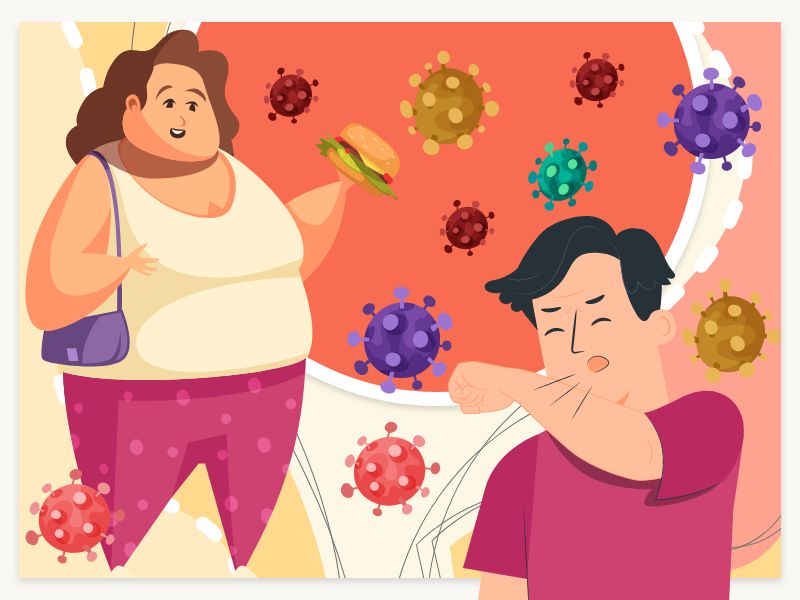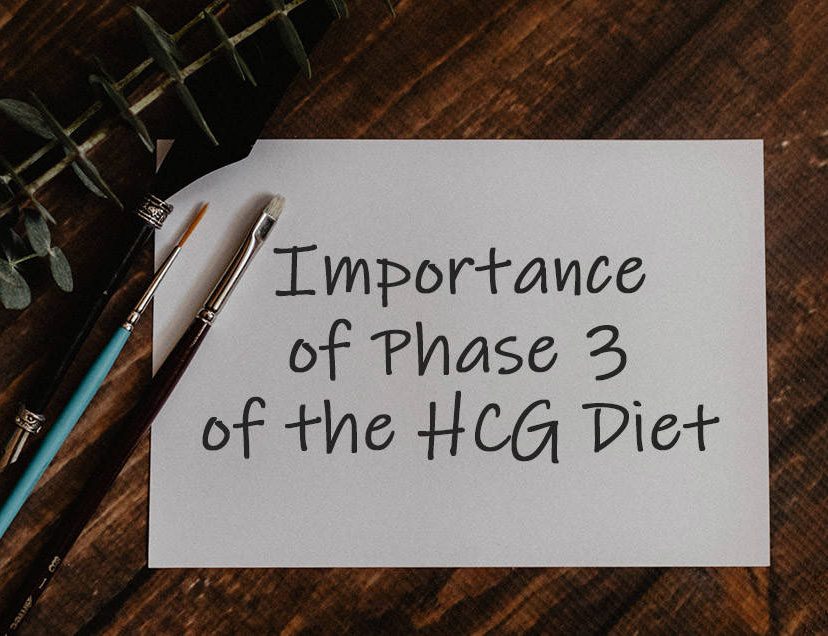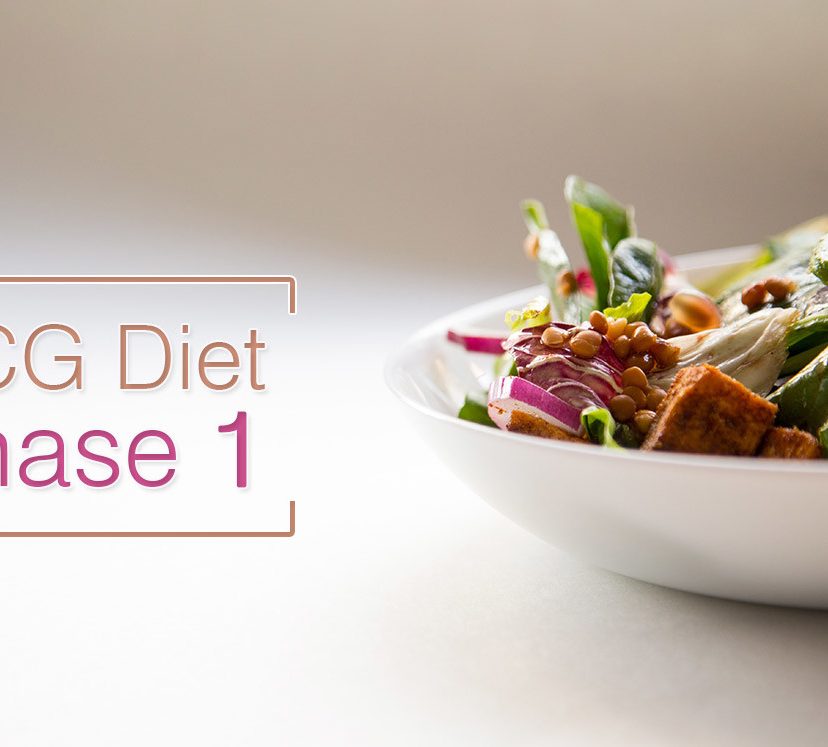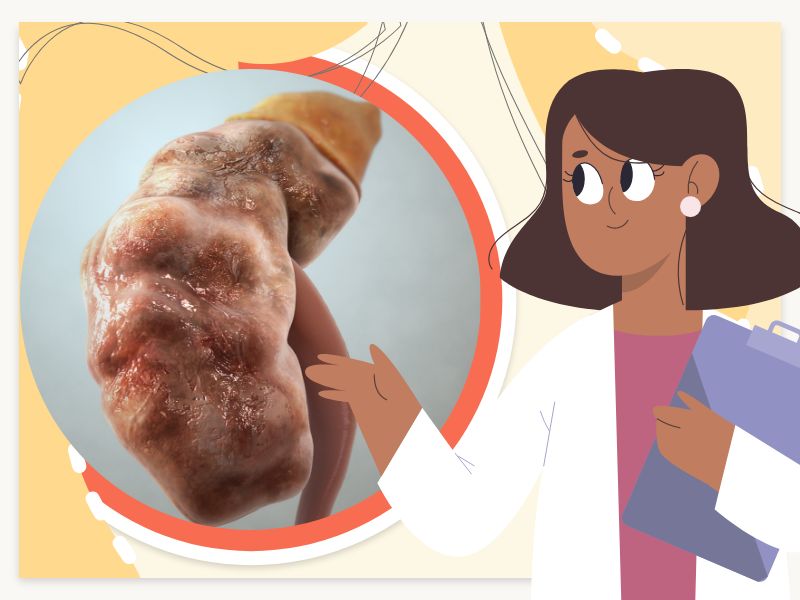HCG Diet Success: Overcoming Common Traits That Contribute to Weight Gain
Losing weight can be a challenging journey, and many people turn to the HCG Diet to help them achieve their goals. This diet combines a strict eating plan with HCG injections to promote rapid weight loss.
5 Common Traits That Contribute to Weight Gain
To make the most of the HCG Diet and maintain long-term weight loss, it’s important to be aware of common traits that contribute to weight gain. By understanding these factors and making conscious choices, you can maximize the effectiveness of the HCG Diet.
-
Slow metabolism
A slow metabolism can lead to weight gain. Metabolism is your body’s way of processing energy for activity and rest. People with faster metabolisms burn more energy and lose weight, as compared to people with slower metabolisms.
-
Emotional eating
Emotional eating is a significant contributor to weight gain. Many individuals turn to food as a way to cope with stress, sadness, or boredom.
During the HCG Diet, it’s crucial to recognize emotional triggers and find alternative ways to address them. Engaging in activities such as exercise, meditation, or talking to a supportive friend can help you manage emotions without resorting to food.
-
Chronic stress
Chronic stress is a common problem that can affect your weight. Even if you are on the HCG diet, stress can sabotage your weight loss efforts. During stressful times, your body produces cortisol to give your body the energy it needs to cope with stress.
However, when cortisol is elevated for too long, it can lead to weight gain. High cortisol levels can make you crave high-sugar and high-carb foods to provide your body with the fastest source of energy.
-
Low satiety
Low satiety is responsible for excess weight gain. If you have low satiety, the tendency is, you overeat. You tend to eat a larger portion of foods and continue eating even after meals.
Your weight depends on the balance between your calorie intake and your energy expenditure. If you eat more than you burn, you will gain weight.
Your body will store excess energy as fat. If you eat fewer calories than what your body metabolizes, you will lose weight.
-
Lack of sleep
Lack of sleep increases your risk of weight gain. When you lack sleep, your hunger hormone increases, and your satiety hormone decreases, which could lead to overeating and subsequently weight gain.
Weight Gain on the HCG Diet
Hold on, weight gain on the HCG diet? Maybe weight gain after doing the HCG diet.
Weight gain ON the HCG diet makes no sense at all because the HCG diet is designed to let you lose weight and not gain. With the restricted calorie intake along with the daily shot of HCG hormone, you can lose around half a pound to a pound each day.
Unless, of course, you are not doing anything right at all. Remember, if you eat less than you burn, you will lose weight no matter what diet plans you follow.
The HCG diet is a perfectly planned weight loss protocol. When followed properly, you will be able to lose a good amount of weight naturally in just a short time.
This diet will not only let you lose pounds and inches, but it will change your eating behavior into a healthy one, of course, so you can keep the weight off for good even after doing the diet.
While the HCG Diet can be a powerful tool for weight loss, it’s important to be mindful of common traits associated with weight gain. Remember, sustainable weight loss is a journey that requires consistent effort and lifestyle changes, but the rewards are well worth it.





